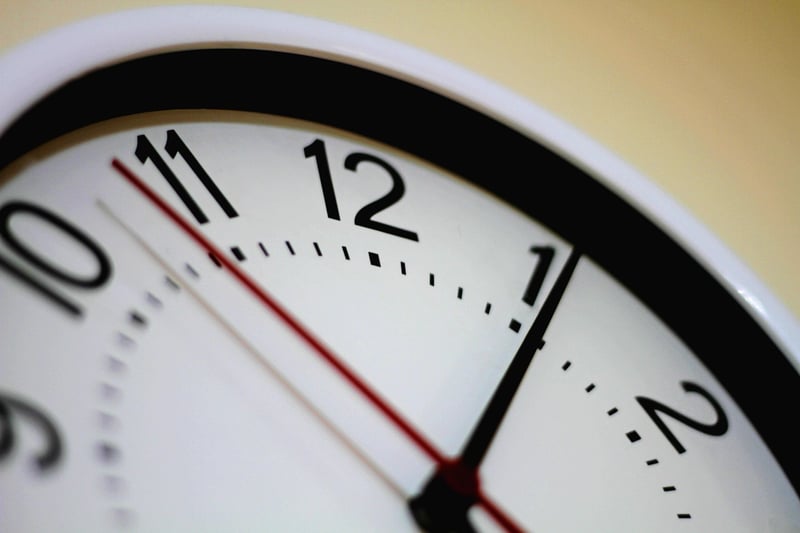Altered timelines
Understanding Temporal Risks and Altered Timelines
Time travel has long been a fascinating concept in science fiction, but what if altering timelines could pose real risks? Let's delve into the intriguing world of temporal risks and the consequences of changing the course of history.
Temporal Risks Explained
Temporal risks refer to the potential dangers and uncertainties associated with manipulating time. In theoretical physics, altering the past can lead to paradoxes such as the grandfather paradox, where a time traveler prevents their own existence by changing a past event.
Types of Temporal Risks:
- Paradoxes: Changing the past in a way that contradicts itself.
- Butterfly Effect: Small changes leading to significant and unforeseen consequences.
- Time Loops: Events repeating indefinitely due to time manipulation.
Altered Timelines and Multiverse Theory
Altering timelines can create branching paths and alternate realities, a concept often linked to the multiverse theory. In this theory, each decision or event spawns a new universe, leading to a vast array of parallel worlds with different outcomes.
Implications of Altered Timelines:
- Divergent Realities: Changes in the past leading to new timelines.
- Parallel Universes: Multiple universes coexisting with different histories.
- Reality Shifts: Perceptions of what is "real" becoming subjective.
The Ethics of Time Travel
With great power comes great responsibility, and the ability to alter timelines raises ethical concerns. Should we change the past to prevent tragedies, or is interference in historical events too risky?
As we ponder the implications of temporal risks and altered timelines, one thing remains clear - time is a fragile construct, and tampering with it could have far-reaching consequences.

Explore more about the fascinating world of temporal risks and altered timelines to unlock the mysteries of time itself.
